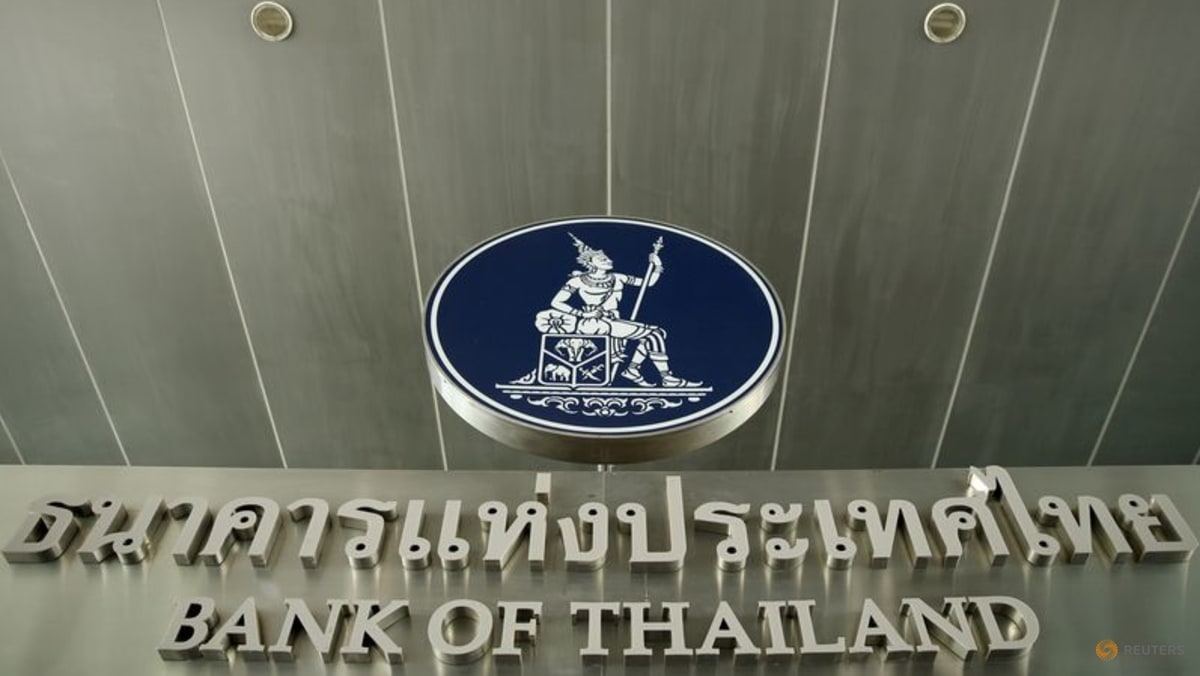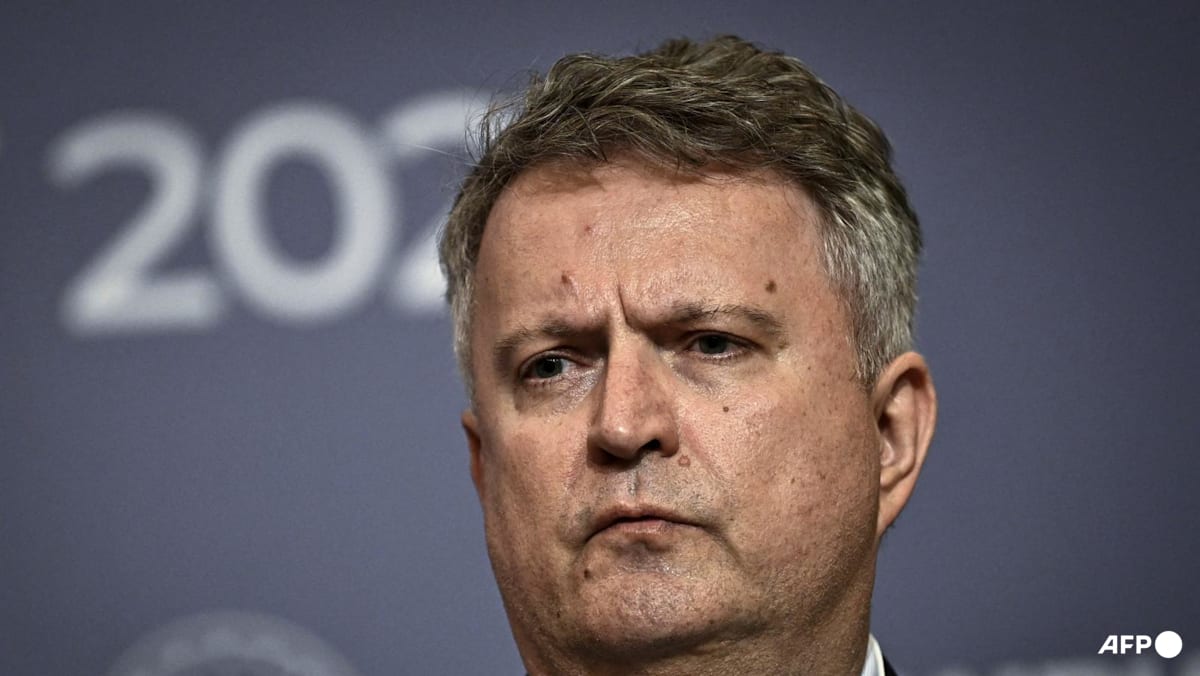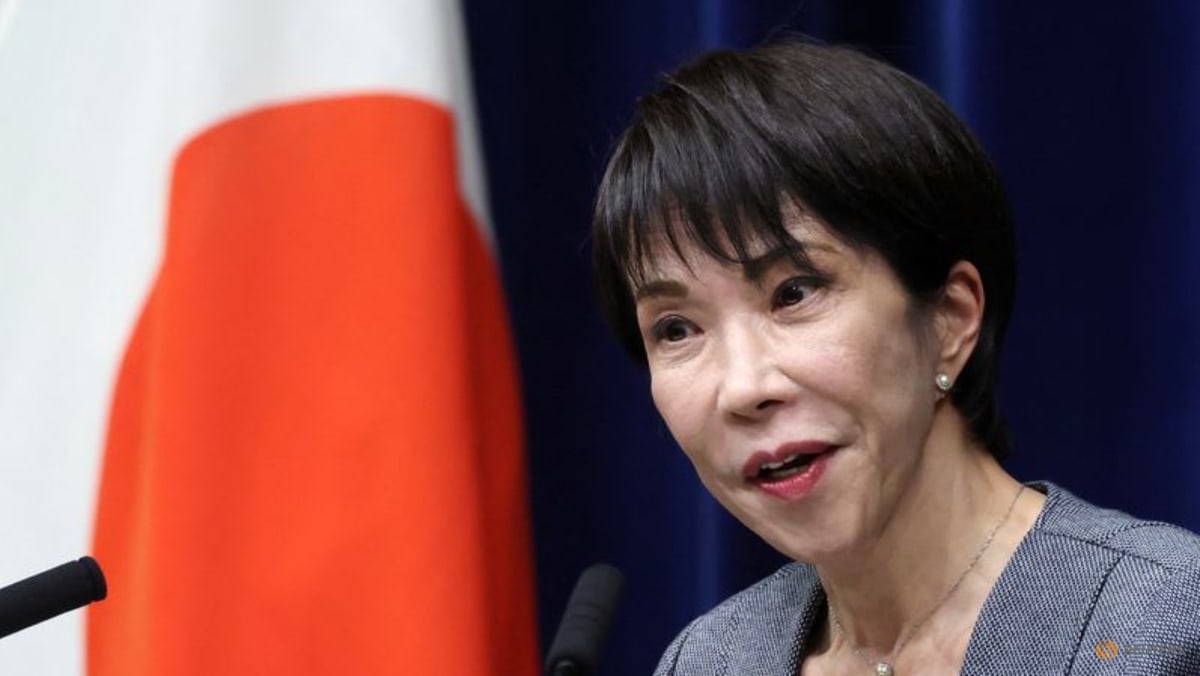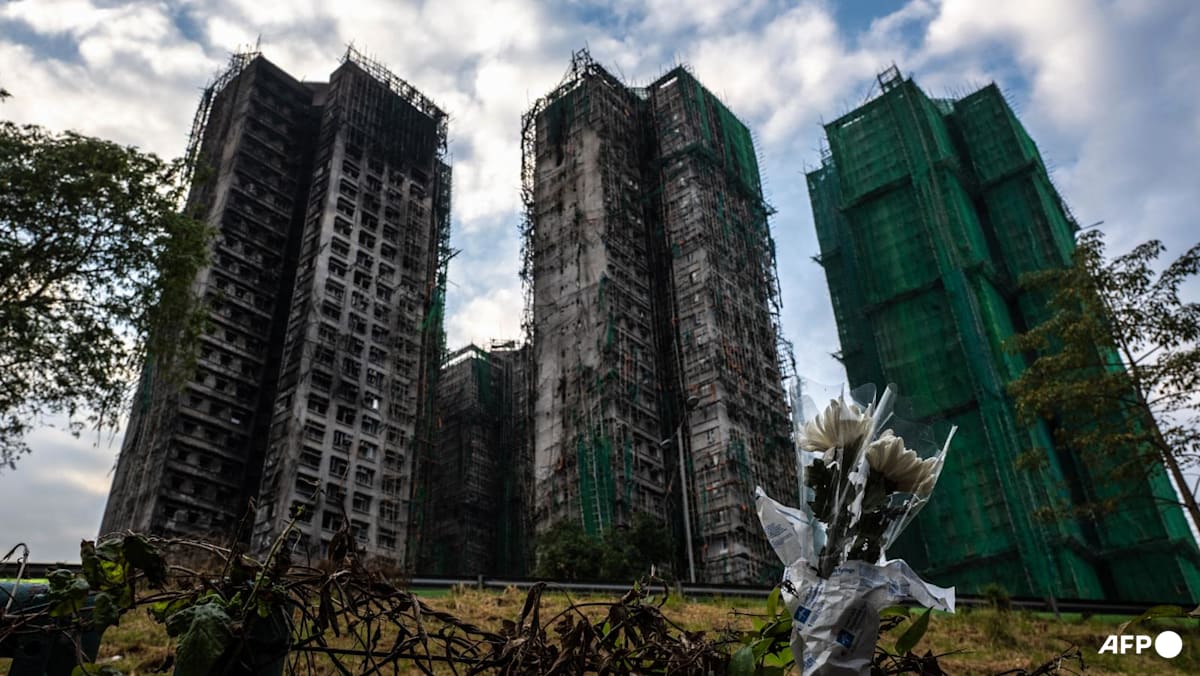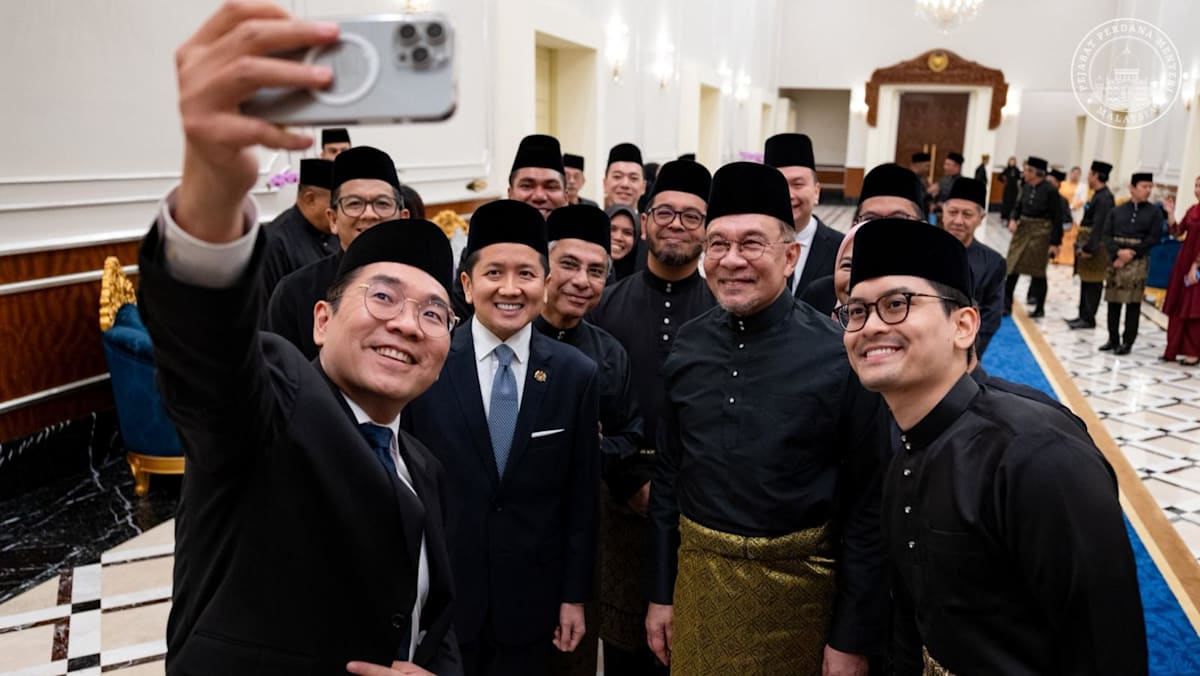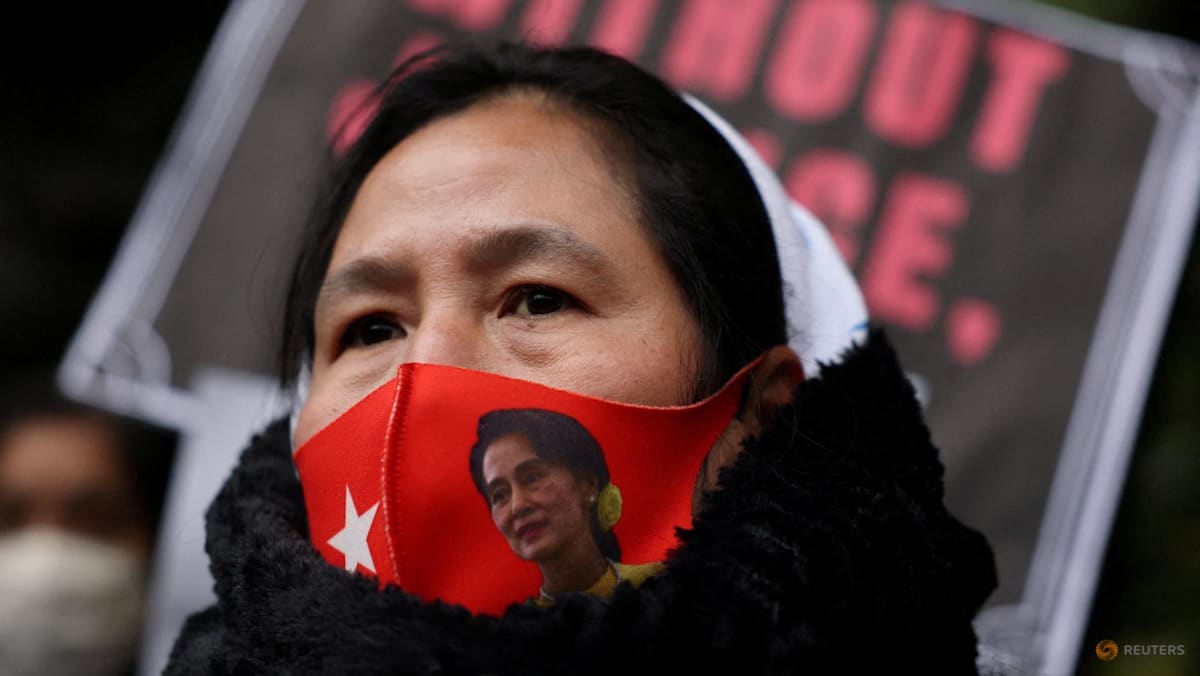Commentary: What China’s two sessions tells us about where Xi Jinping is headed
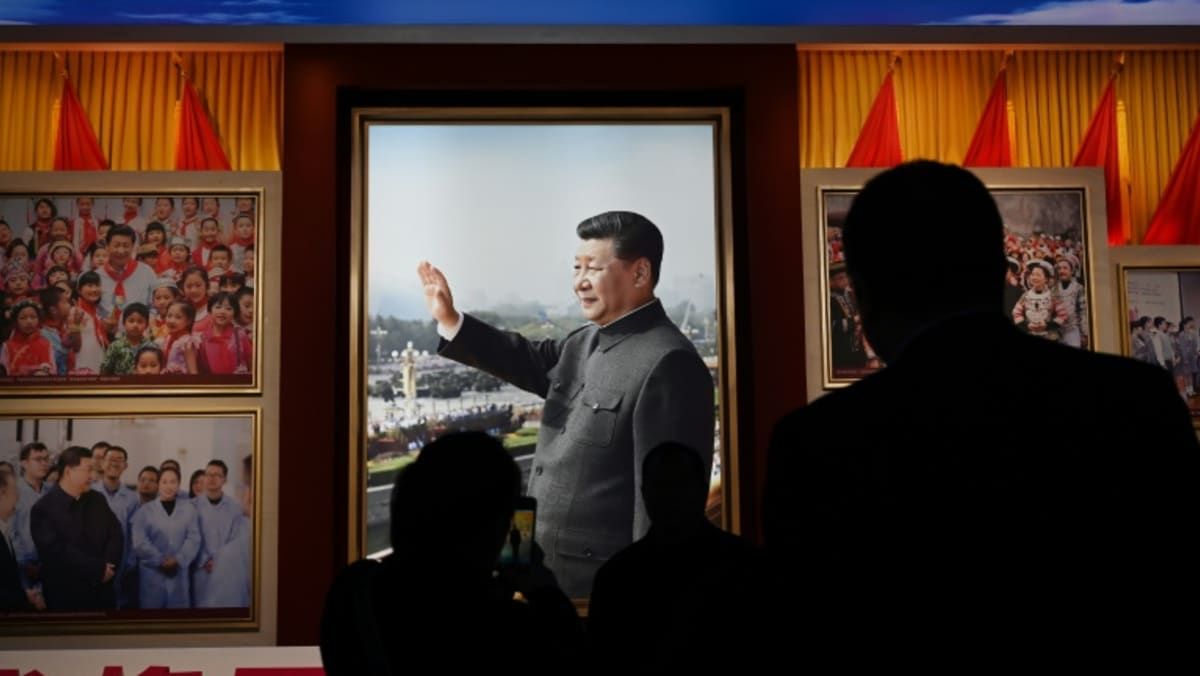
SECURITY TRUMPS ECONOMY
It’s clear that Mr Xi has been prioritising security and social stability over economic growth, laying out in his closing speech last year that “security is the foundation for development, and stability is the precondition for prosperity”. While Mr Xi did not speak this year, the meeting signalled continuity.
China amended the State Council Organic Law to require the Cabinet to “resolutely uphold” the leadership of the Communist Party of China and “resolutely implement” the decisions of the Party’s Central Committee. This change removes the separation of party and state that Deng Xiaoping implemented in 1982 and effectively shifts authority from the state to the party.
The law also calls for the State Council to promote and defend Mr Xi’s political ideology, known as Xi Jinping Thought, further consolidating his control over China’s government and society.
Economic development is also seen through the lens of national security, after Washington restricted Beijing’s access to advanced semiconductor chips and investment in areas with military applications.
Commitments to science and technology to the tune of 370.8 billion yuan (US$51.6 billion) aim to boost domestic innovation and high-tech self-reliance, include biomanufacturing, quantum computing, electric vehicles and hydrogen energy.
Under the “new productive forces” slogan, China has sought new approaches to economic development founded on science and technological innovation. It is an attempt to shift reliance away from the old drivers of the Chinese economy – the property sector and infrastructure investment.
However, the emphasis on “comprehensive national security” – which involves maintaining authority over technology and science and impinging upon private enterprise – could end up constraining economic growth.
Source: CNA


